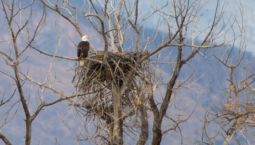
Boulder native and wildlife photographer John Weller talks about his efforts to save The Ross Sea in Antarctica. The Ross Sea is the world’s largest Marine Protected Area. Weller’s photobooks and documentary films have been a big part of explaining why this area is special, and why protecting it is a crucial part of restoring health of all world oceans. This show also includes John Weller on a hike with Boulder Naturalist Steve Jones and the Boulder Audubon Teen Naturalists, and discussion about why recent CU-Bouldeer research about rising carbon dioxide, and how it increases ocean acidity warns of disaster ahead the small shrimp-like krill at the bottom of the food chain, as well as for whales, penguins . . . and people . . . at the food chain’s top.
Host/Producer: Shelley Schlender
Executive Producer: Joel Parker
Podcast: Play in new window | Download (Duration: 26:58 — 37.1MB)
Subscribe: RSS




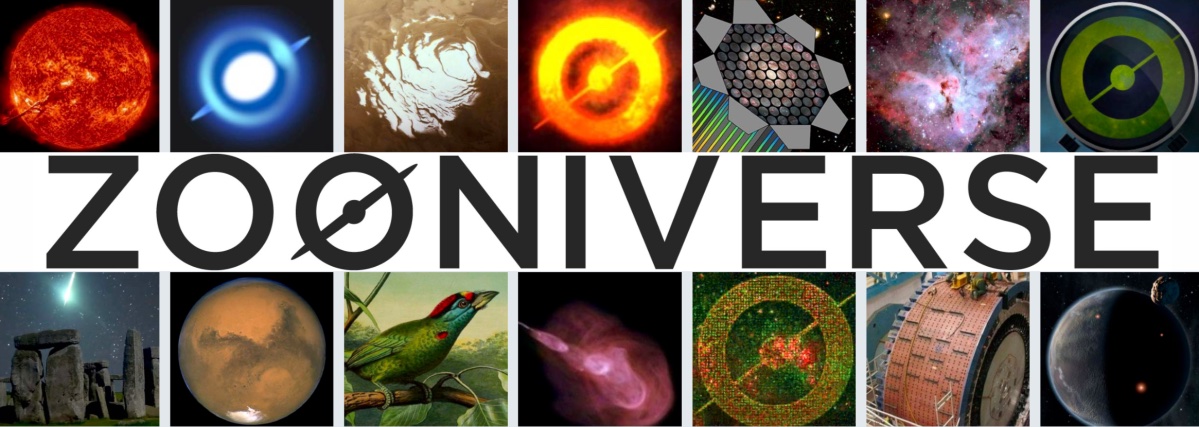 Citizen Science with Zooniverse (starts at 13:21)
Citizen Science with Zooniverse (starts at 13:21) 
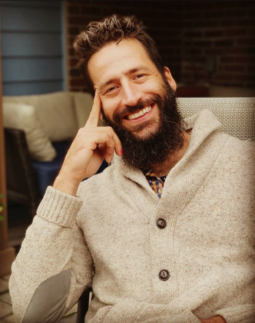
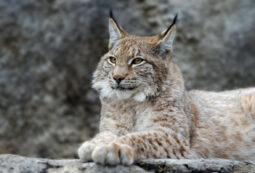
 On this week’s show, we focus on the ongoing challenge of climate change. In addition to headlines about this issue, we replay an interview with author John Vaillant, who has written extensively about the natural world over his long career. In his new book, Fire Weather:A True Story from a Hotter World, he explores the phenomena of fire, the wildland urban interface, and climate change in the context of a precedent-shattering combustion in a modern city.This colossal wildfire in Alberta in 2016 almost consumed a city of nearly 100,000. In the process the fire blew up expectations and responses to wild fires. Vaillant gives an in depth exploration of the rapidly changing relationship between fire and humankind along with personal stories of loss and bravery on the front lines of this horrifying event.
On this week’s show, we focus on the ongoing challenge of climate change. In addition to headlines about this issue, we replay an interview with author John Vaillant, who has written extensively about the natural world over his long career. In his new book, Fire Weather:A True Story from a Hotter World, he explores the phenomena of fire, the wildland urban interface, and climate change in the context of a precedent-shattering combustion in a modern city.This colossal wildfire in Alberta in 2016 almost consumed a city of nearly 100,000. In the process the fire blew up expectations and responses to wild fires. Vaillant gives an in depth exploration of the rapidly changing relationship between fire and humankind along with personal stories of loss and bravery on the front lines of this horrifying event.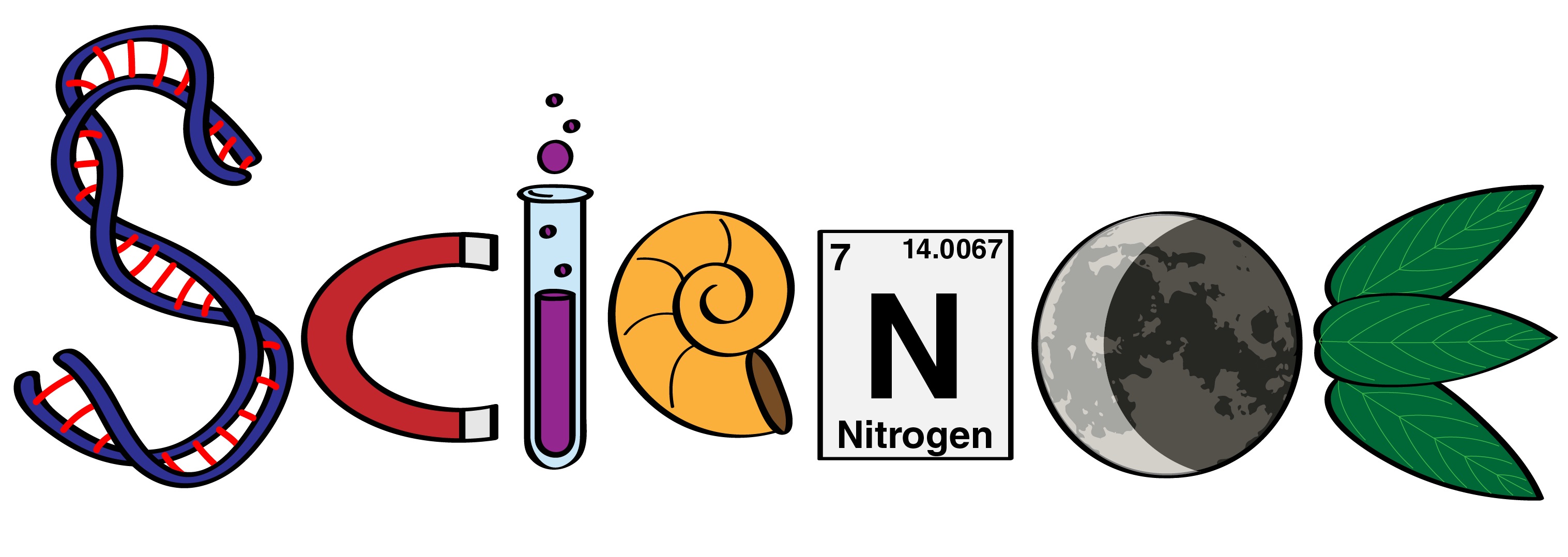

 On this week’s show, Beth speaks with Dr Afton Hassett, psychologist and pain researcher about her book,
On this week’s show, Beth speaks with Dr Afton Hassett, psychologist and pain researcher about her book,  Climate Change & COP28 (start time: 1:30) A major global climate conference is taking place now in Dubai, amidst a year of record-breaking heat, wildfires, floods and more around the world.
Climate Change & COP28 (start time: 1:30) A major global climate conference is taking place now in Dubai, amidst a year of record-breaking heat, wildfires, floods and more around the world. 